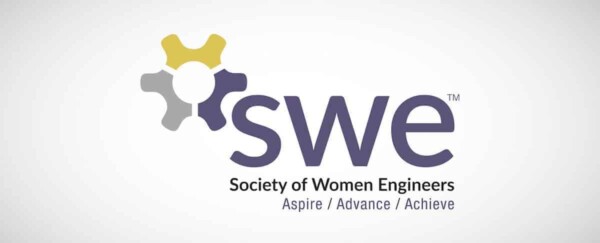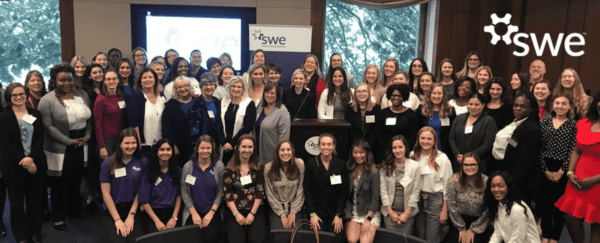On Friday, September 22, 2017, the U.S. Department of Education (ED) revoked a 2011 Dear Colleague Letter (DCL) previously issued by ED that requested schools to improve their ability to address sexual assault survivors and increase the speed by which Title IX complaints are addressed.
This DCL was subsequently replaced by an interim guidance document that will provide temporary guidance to schools in processing sexual misconduct complaints. The Department is promising to publish formal guidance upon further review.
Historically, SWE has focused its advocacy around Title IX implementation for women in STEM, adequate funding for STEM education and research, and family friendly workplace policies. While this matter falls outside of our core focus in public policy, the changes proposed in the interim guidance will negatively impact women pursuing STEM education.
Many SWE members were strong advocates for the passage of Title IX and in subsequent years when its implementation was litigated. Given that women are still significantly outnumbered in engineering programs in publicly funded universities across the United States, it is vital that SWE continues to advocate for the fair and equal measures to guide how Title IX is enforced.
The full and fair implementation of Title IX is of vital importance to women, especially those in engineering. According to the American Association of University Women (AAUW), “56 percent of girls and 40 percent of boys in grades 7–12 face sexual harassment. Of that number, 87 percent said it had a negative effect on them.” For workers to be fully educated and able to address the needs of the U.S. economy, it is vital that individuals of all genders who submit an assault complaint are protected under Title IX.
Women only represent 20% of the engineering graduates each year; furthermore, given that women are already in the minority in their engineering programs and already experience increased stigma, it is highly problematic that existing protections for assault victims are being reconsidered.
From reviewing an initial analysis provided by the National Women’s Law Center, we want to highlight the following changes proposed by the interim guidelines that are especially problematic:
- There is no time limit (previously 60-days) to resolve complaints.
- Confidentiality of the victim is no longer protected. It is required that the identity of both parties be disclosed.
- Schools can limit the appeal process to just the respondent (accused); if schools pursue this measure, the victim is unable to appeal any formal ruling.
- The document Instructs schools to consider the impact of disciplinary sanction on accused but not on the survivor.
As recent revelations in silicon valley demonstrate, women in engineering and technology frequently experience a culture of sexual harassment. Women in science also disproportionately experience some form of assault. From K-12 education settings to the workforce, for women to excel, there must be a strong culture that does not privilege the accused over the accuser in these matters.
As noted in an AAUW open letter to the ED Secretary DeVos on this matter, “We must continue to push towards ensuring that women and girls have full access to education. Where barriers to education remain, the policy has a critical role to play. Where discrimination limits girls’ opportunities, our civil rights laws provide a way forward to open classroom and laboratory doors, level playing fields, and provide economic opportunity.”
SWE advocates for women to achieve at all stages of their careers. Success and persistence are greatly hindered when an assault is experienced and proper protections are not in place to properly ensure Title IX is implemented. For SWE members to be empowered to speak out about any assault they experience, sufficient awareness of these issues is vital. Regardless of the gender of the victim, SWE opposes any implementation of Title IV that weakens the ability of individuals who have suffered assault to report their experience and receive fair treatment.
Author
-
![SWE Responds to New Interim Guidance on Title IX Protections for Victims [] SWE Blog](https://alltogether.swe.org/wp-content/uploads/2021/10/swe-favicon.png)
SWE Blog provides up-to-date information and news about the Society and how our members are making a difference every day. You’ll find stories about SWE members, engineering, technology, and other STEM-related topics.






